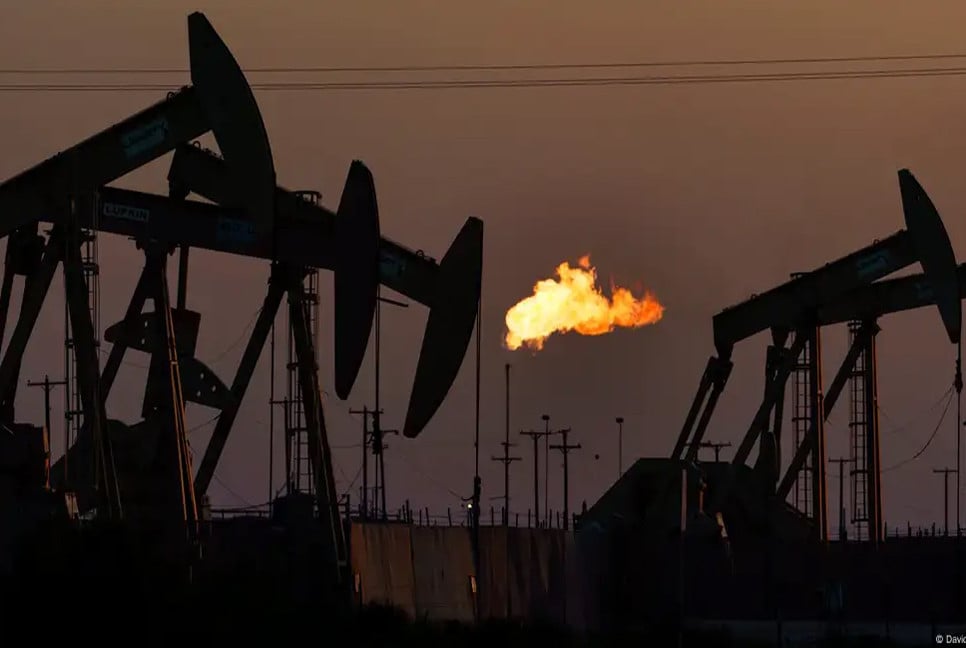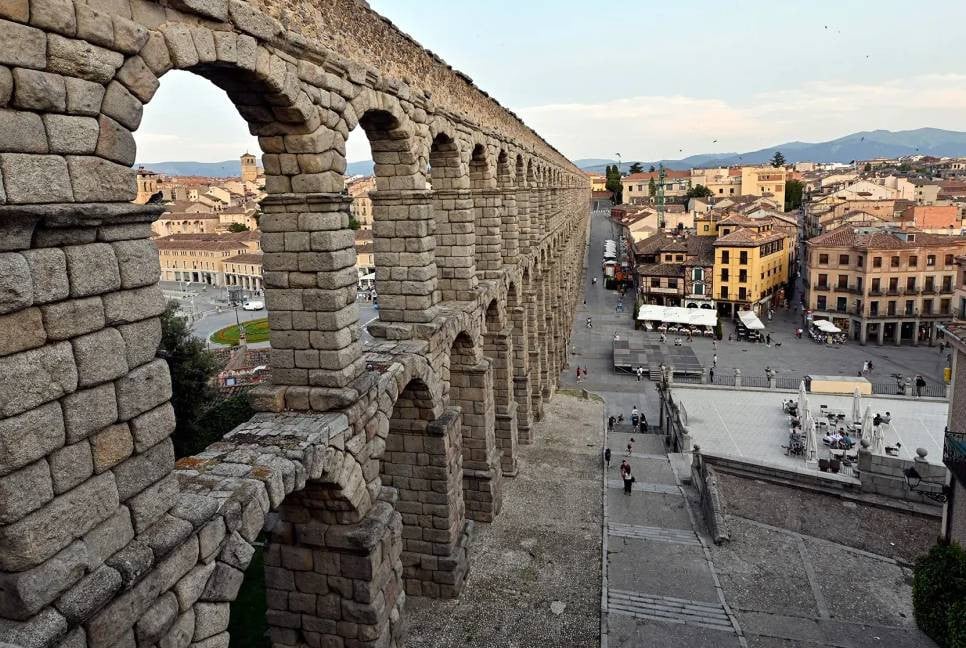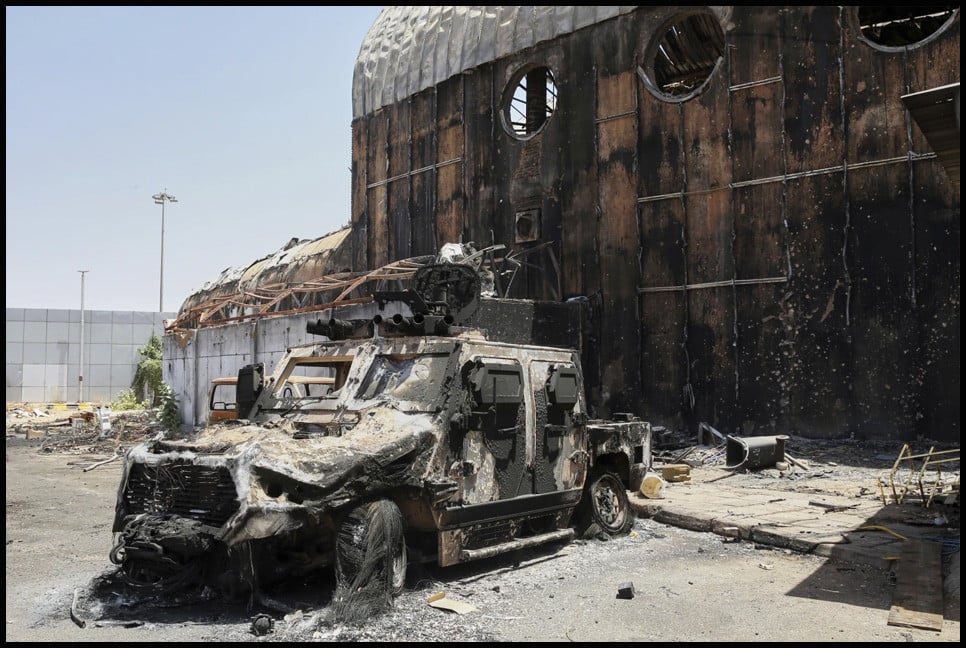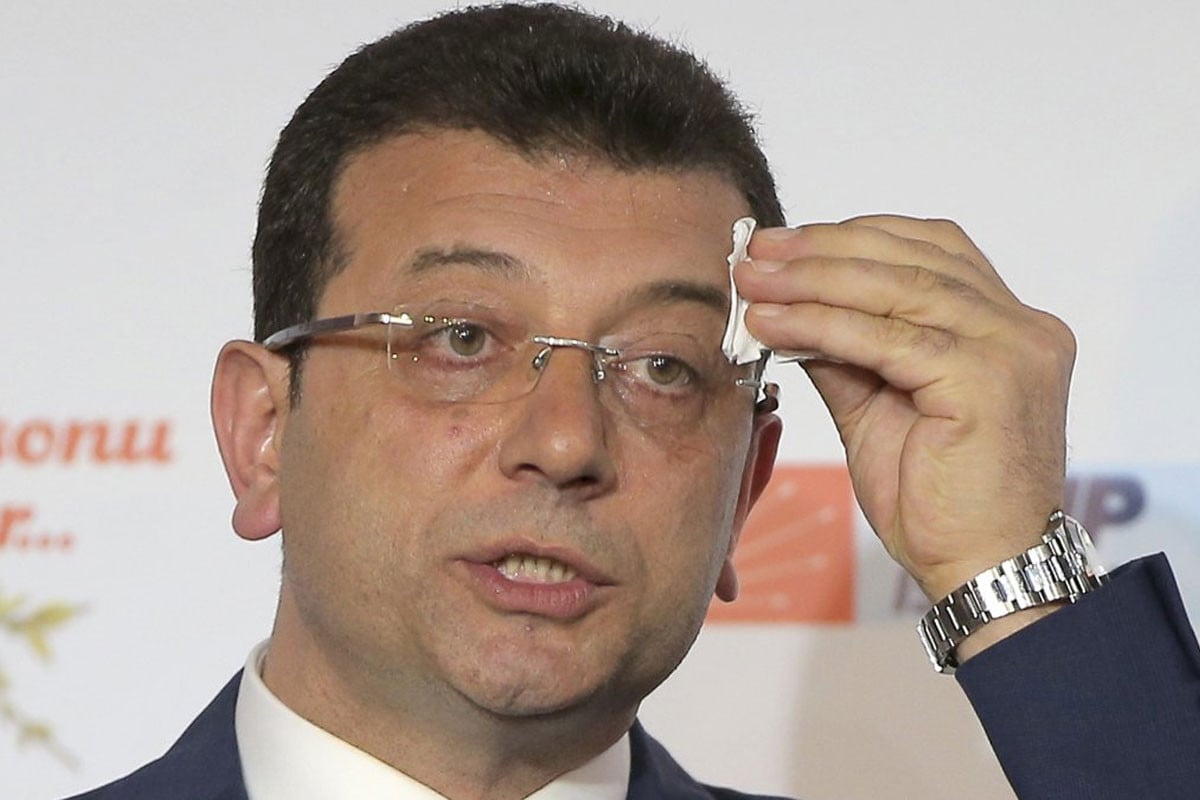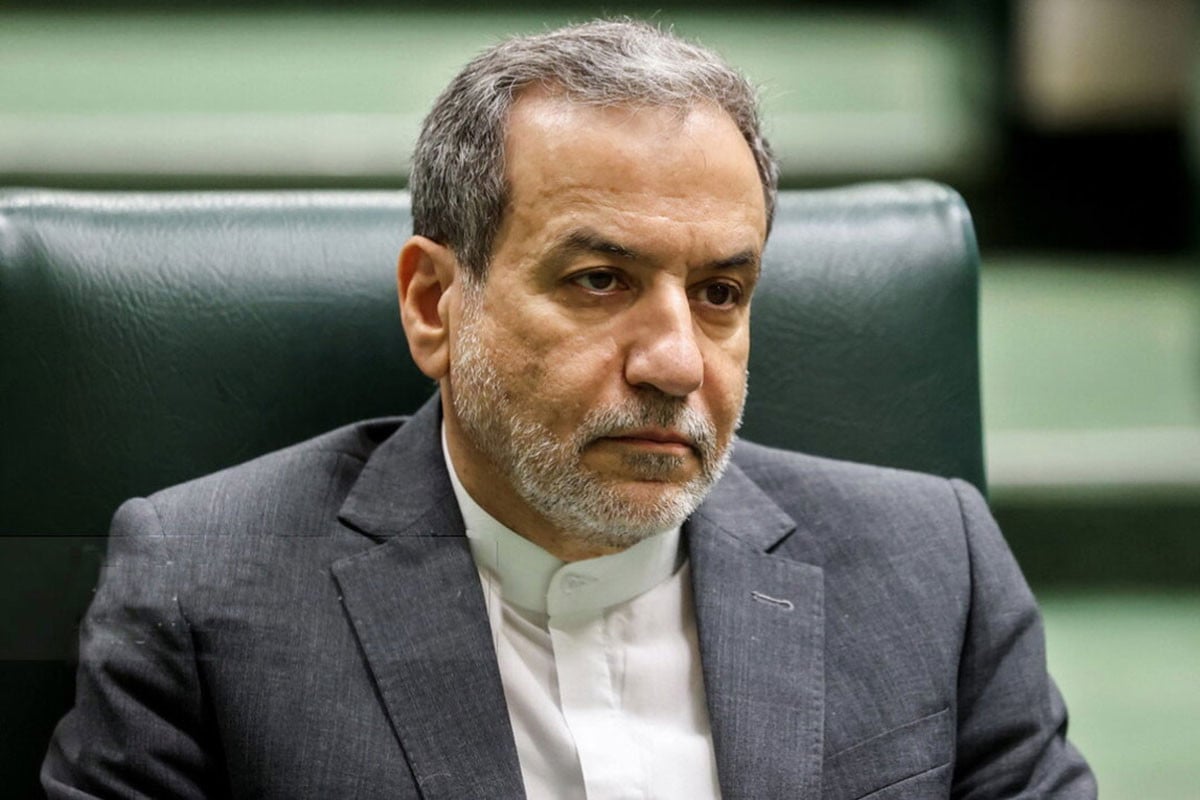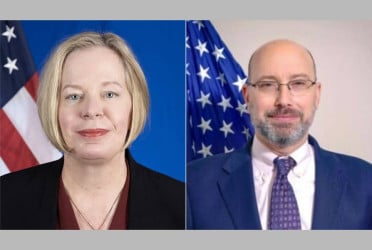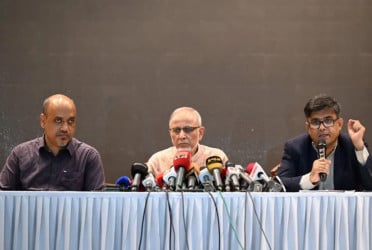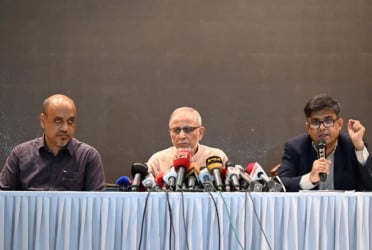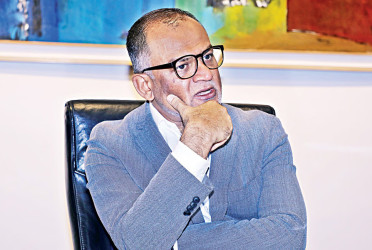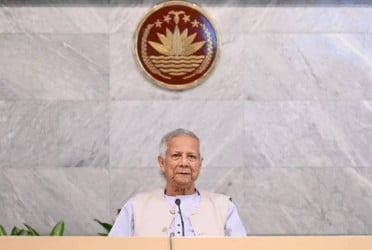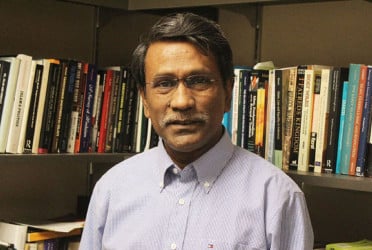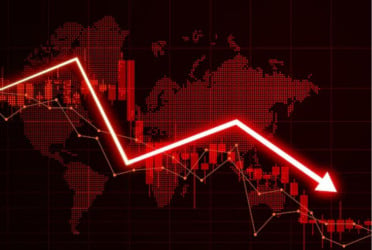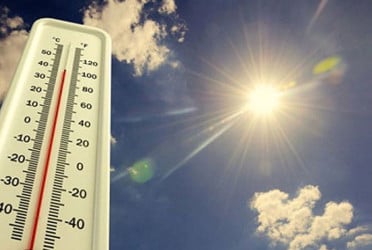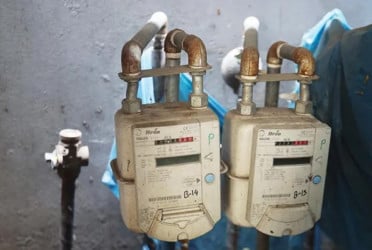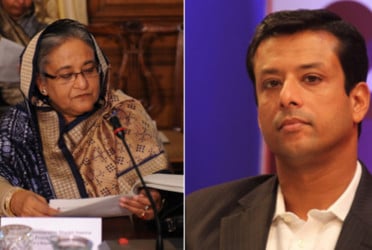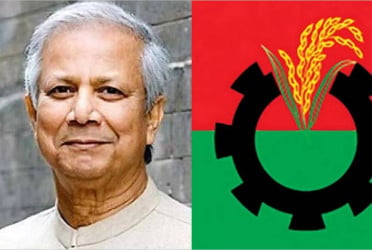Greenhouse gas methane is behind a third of planetary heating and is relatively easy to slash. The tools to cut methane exist but so does a gap between pledges on methane reduction and action, says a new UN report.
A global methane monitoring system has so far alerted governments and companies to over 1200 major plumes of the potent greenhouse gas but has only received responses detailing the cause of the emissions and action taken in 1% of cases, said a new UN report.
The Methane Alert Response System (MARS), which detects releases of the gas responsible for about a third of planetary heating so far, uses satellite data to help industry and states identify and deal with large methane emissions.
MARS is up and running, said operator United Nations Environment Program (UNEP), which is also using artificial intelligence (AI) to scan satellite data and pinpoint emissions. However, too few emitters are engaging with the new tools, according to the latest An Eye on Methane report.
Human activities cause around 60% of the methane released into the atmosphere. It can come from agriculture, including flatulent cows and manure fertilizer, decomposing waste in landfills and the fossil energy sector when oil and gas companies produce, transport and store the fuels.
Methane traps around 84 times as much heat as CO2 over a 20-year-timescale but also disappears quickly in comparison. While the greenhouse gas causes a lot of damage in its short life, it's also much quicker to eliminate than CO2, particularly if oil and gas companies plug leaks and stop practices like venting and flaring, which release methane into the atmosphere.
In the agency's 2024 Eye on Methane report, Dechen Tsering, acting director of UNEP's Climate Change Division, described slashing methane emissions as an "emergency brake" to slow global warming.
"The science is clear: cutting methane is the fastest and most cost-effective way to mitigate near-term warming and avoid worsening climate damage," continued Tsering. This year is set to be the hottest on record.
Speaking in Baku, Azerbaijan today at a COP29 session to launch the Eye on Methane report, Inger Andersen, executive director of the UN Environment Programme, said that MARS technology is one of the "simplest and fastest actions we can take to slow global temperature rise."
"It is easier than changing the energy infrastructure of a nation," she added.
Source: DW
Bd-pratidin English/Lutful Hoque

